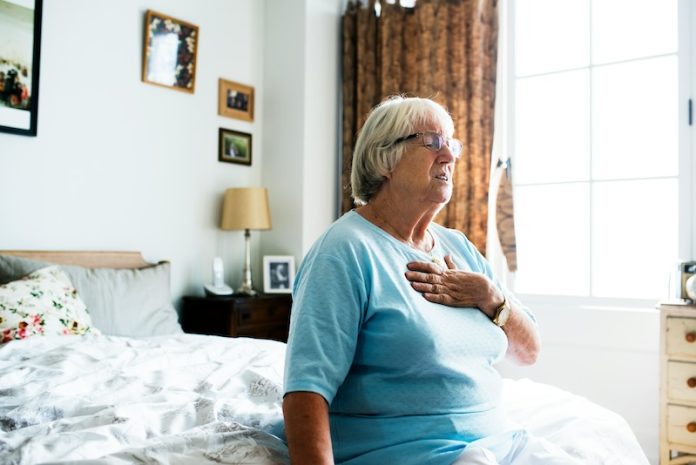
Imagine you’re by yourself, and suddenly you feel a crushing pain in your chest. It spreads to your arm or jaw. You suspect it’s a heart attack. What you do next could save your life.
Surviving a heart attack alone is a scary thought, but knowing what steps to take can make all the difference. Here’s what you need to know.
A heart attack happens when blood flow to part of your heart gets blocked, cutting off oxygen. Without oxygen, the heart muscle starts to die. Common symptoms include:
- Chest pain or pressure.
- Discomfort in the arms, back, neck, jaw, or stomach.
- Shortness of breath.
- Cold sweat, nausea, or dizziness.
If you experience these signs, acting quickly is critical.
What to Do Immediately
- Call for Help
Dial emergency services right away. Don’t wait, hoping the symptoms will pass. Time is crucial—quick treatment can save your heart from serious damage and improve your chances of survival.
If calling is hard because of your symptoms, try using smart devices like a phone assistant or a smartwatch to alert someone.
- Chew Aspirin
If you have aspirin nearby and you’re not allergic, chew a 325 mg tablet. Chewing helps the medicine work faster by preventing blood clots from growing. Avoid aspirin if your doctor has advised against it. - Stay Calm
Try to stay as calm as possible. Sit down in a semi-reclined position, like leaning back in a chair. This helps reduce the strain on your heart. Panic can make your heart work harder, so focus on steady breathing.
What Not to Do
- Don’t Ignore the Symptoms
Symptoms can be subtle, like discomfort rather than intense pain. Even if you’re unsure, it’s better to call for help. Waiting it out can be deadly. - Don’t Drive Yourself to the Hospital
Driving while having a heart attack is dangerous for you and others. Emergency responders can start treatment right away, which could save your life. - Don’t Take a Shower or Bath
While it might seem like a way to ease discomfort, it can put extra strain on your heart during a critical moment.
Why Fast Action Matters
What you do in the first hour after symptoms start, often called the “golden hour,” is critical. A study in the Journal of the American Heart Association shows that getting treatment during this time can greatly reduce heart damage and save lives.
Be Prepared
Preparation can make all the difference. Keep emergency numbers easily accessible. Learn the symptoms of a heart attack and have a plan in place.
Even though a heart attack is one of life’s most serious emergencies, quick and smart actions can save your life. Remember, you might be alone, but with the right knowledge and preparation, you’re never powerless.
If you care about heart health, please read studies that vitamin K helps cut heart disease risk by a third, and a year of exercise reversed worrisome heart failure.
For more health information, please see recent studies about supplements that could help prevent heart disease, stroke, and results showing this food ingredient may strongly increase heart disease death risk.
Copyright © 2025 Knowridge Science Report. All rights reserved.



